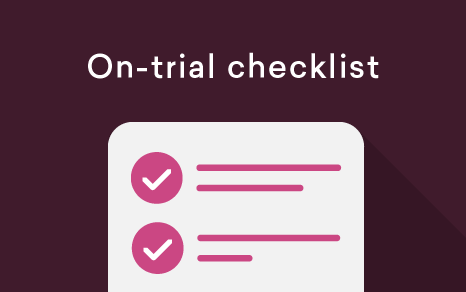Benefits for small businesses
Benefits of VoIP for small businesses
Small, medium, and large enterprises — all kinds of businesses can benefit from using VoIP as their primary mode of telephony communication.
Latest telephony technology
Landlines and analog phones have reached their end of life. In today’s digital world, it is necessary to have a truly cordless and digital telephony setup, which is what VoIP is offering. With VoIP, rest assured that your business will remain immune to technological changes in the telephony space for at least the next decade, if not more.
Global coverage
VoIP offers virtual phone numbers with which a business can have phone numbers in any country or State. This benefit can be availed even if the business does not have a physical office. This helps create global coverage for the business without having to incur costs for setting up physical offices.
Operational flexibility
VoIP is built for the remote work era. It does not require employees to remain at their office desk to handle calls. Also, VoIP requires minimal maintenance compared to traditional landlines which gives great operational flexibility.
Cost savings
Traditional phone systems are capital intensive in nature. They require huge upfront investments in procuring and setting up telephony hardware like PBX boxes, cable junction boxes, individual desk phones, and so on. For a small business operating with a shoestring budget, this could be quite a burden. VoIP eliminates the need for all of these which ensures that there are tangible cost savings.
Superior voice quality
VoIP offers superior voice quality, thanks to packet switching. There are minimal jitters in voice quality, call drops or even connectivity issues. As a result, your business conversations would be smoother and more refined than with traditional telephone lines.
Instant capacity expansion
From a functional point of view, accessing VoIP is akin to an email. It is easy to add a new user, remove a user, or even edit the access controls of a user. Even buying or removing virtual phone numbers is easier with VoIP. All this leads to instant capacity expansion, a much-wanted trait for businesses on a high-growth trajectory.










